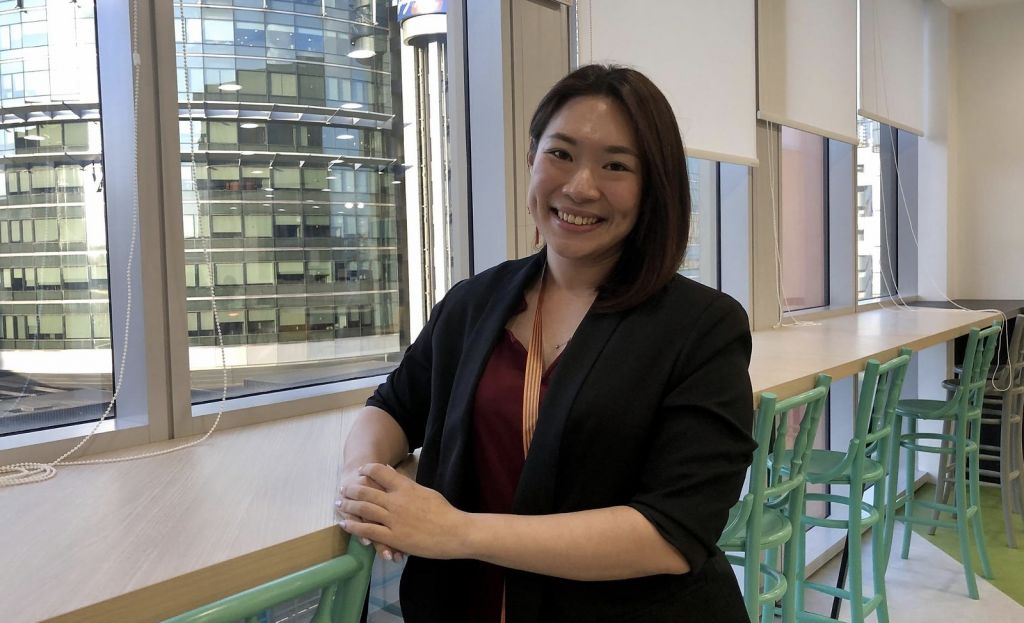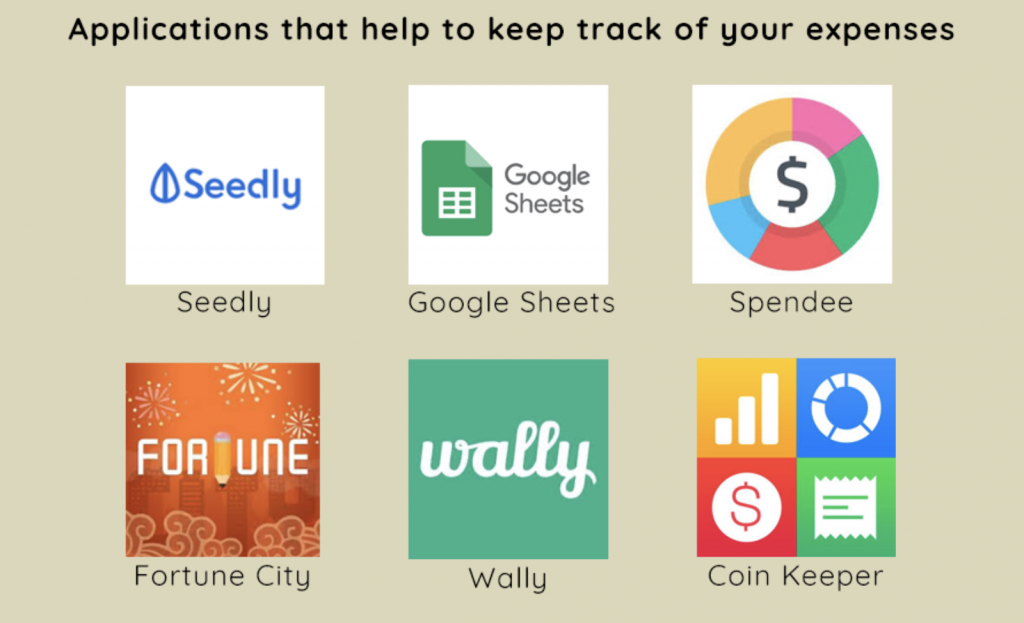Seeing many more friends once retail shops and F&B outlets reopened in Phase 2? Having that familiar feeling of your cash running dry again? We can relate.
If you are still receiving a generous allowance from your parents, good for you. But many of their jobs may be on the line (touch wood!) with Singapore entering a recession this year. So it’s good to discern our needs from our wants and be a savvier and more responsible spender.
Here are 5 tips from personal finance experts on how students like us can manage our allowance better.
1. Budgeting
When you get your monthly allowance, you can try budgeting it first.
There are many budgeting guides online, such as the 50/30/20 rule, which recommends that you set aside 50% on daily needs such as food and transport, 30% on wants, and 20% for savings.
Mr Xu Yuan Duan, a writer at The Simple Sum, says: “Budgeting is useful because it gives [people] a framework to target towards.”
2. Conscious Spending
Ms Edwina Woo, a financial consultant, recommends being mindful of what you spend on.
Citing an example, she says many students who enjoy regular cafe-hopping could have channeled part of those expenses on upskilling instead.

“Make sure that the areas that you spend [on] reap long-term benefits,” she says. “Go for classes to upgrade yourself, learn a new language, learn a new skill that makes you more employable.”
Mr Xu from The Simple Sum also recommends that if you want to buy something, you can wait for a week first. If you don’t find yourself thinking about it anymore, chances are you never really want it in the first place.
3. Tracking Expenses
Ms Woo says it is crucial to keep track of where your allowance goes so that you know which areas you have to cut back on or can spend more on. Knowing how much you spend in a month can be an excellent way to measure your financial health.
Tracking expenses is also useful when you want to start saving for an emergency fund to cover unexpected expenses.
Mr Xu says the emergency fund should take care of your needs for three to six months. “So if you don’t know your monthly expenses, you don’t know your goal,” he adds.
4. Using Apps
There are many applications out there that can help monitor your expenses. A few of them are Seedly, Spendee, Fortune City, Wally and Coin Keeper. Of course, the good old Microsoft Excel and Google Sheet will do the trick too.

5. Overcoming Peer Pressure
It’s also important that we learn to overcome peer pressure if we want to manage our allowance better.
Mr He Ruiming, the co-founder of The Woke Salaryman, says: “A lot of people spend a lot of money just to keep up appearances, and you know, to be respected and liked by people that they don’t actually like…That’s when the ability to resist peer pressure would come in very handy.”
He also encourages all students to start learning about financial literacy young.
“Some people wait till their 40s to know how to manage money,” he says, “So if you could start really young, you could actually have a good head start.”
Edited by: Eunice Tan
Proofread by: Christel Yan
